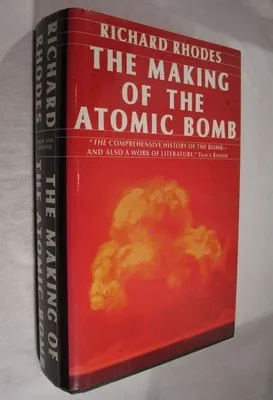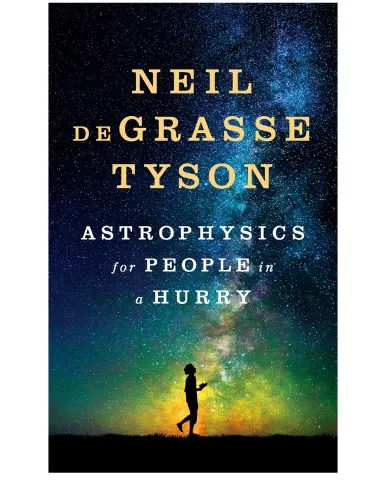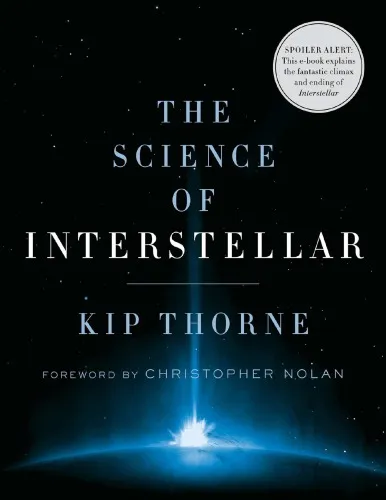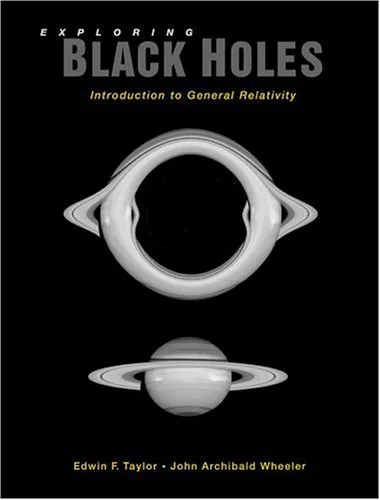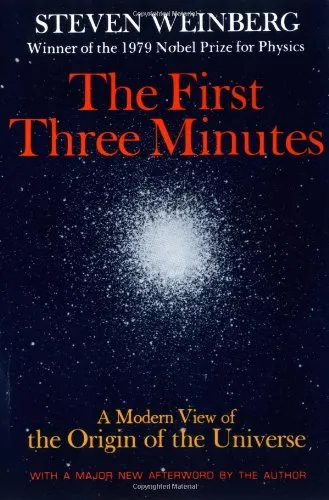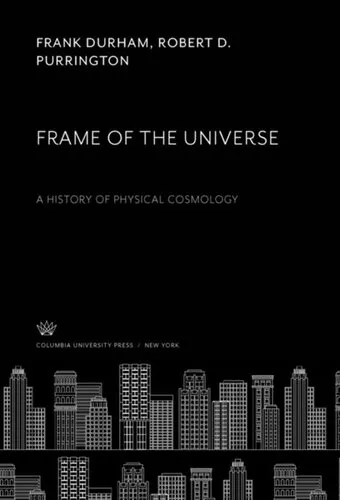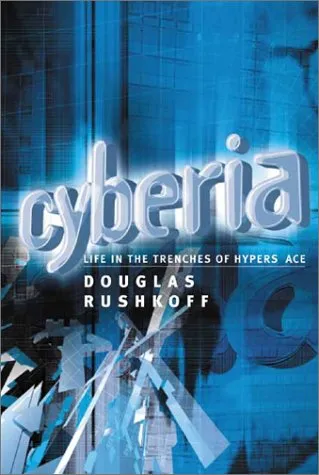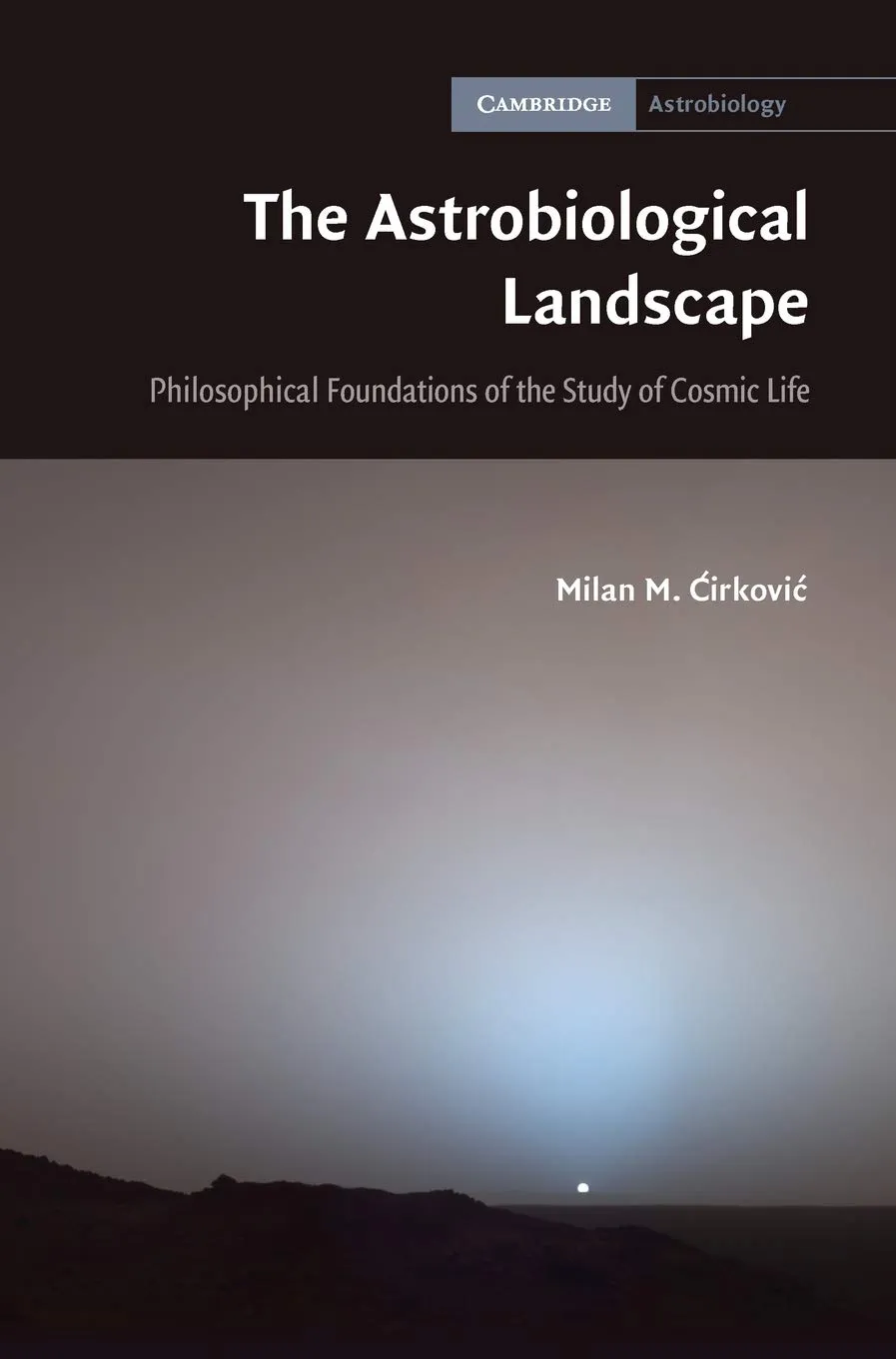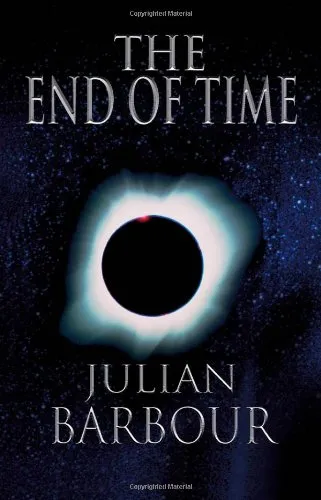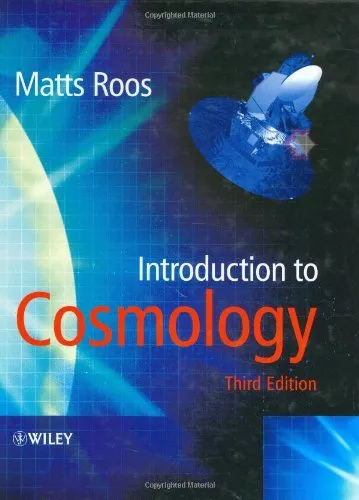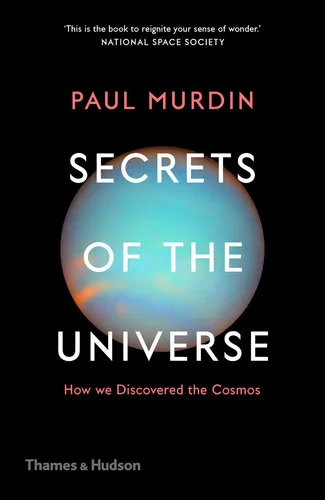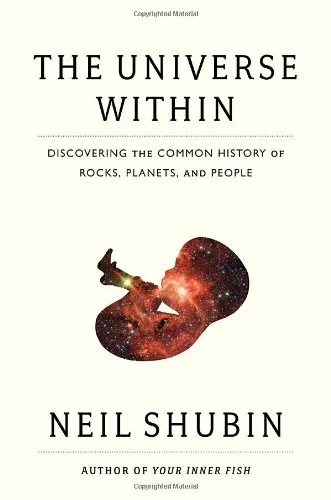The Making of the Atomic Bomb
5.0
Reviews from our users

You Can Ask your questions from this book's AI after Login
Each download or ask from book AI costs 2 points. To earn more free points, please visit the Points Guide Page and complete some valuable actions.کتاب های مرتبط:
Introduction to "The Making of the Atomic Bomb"
Richard Rhodes' Pulitzer Prize-winning masterpiece, The Making of the Atomic Bomb, is an unparalleled deep dive into one of humanity’s most transformative, complex, and fateful creations: the atomic bomb. Published in 1986, this book offers a compelling narrative that intertwines science, politics, history, and human drama in the quest for nuclear power during World War II. It reveals the key insights into the groundbreaking discoveries, the lives of the scientists who brought the bomb into existence, and its profound impact on the modern world.
The book is not just a recounting of scientific achievements, nor merely a historical overview of the tumultuous 20th-century world wars. Instead, it’s a meticulous exploration of the fusion of scientific ambition and geopolitical necessity that culminated in the creation of a weapon capable of altering the course of history. For enthusiasts of science, history, and the ethical dilemmas of human innovation, The Making of the Atomic Bomb remains a timeless and thought-provoking read.
Detailed Summary of the Book
The book begins with the discovery of nuclear physics in the early 20th century. Through vivid storytelling, Richard Rhodes captures the immense curiosity and intellectual breakthroughs of scientists like Albert Einstein, Niels Bohr, and Ernest Rutherford. Their work laid the foundation for understanding the atom’s immense energy potential.
Rhodes deftly explains how scientific discovery collided with political urgency as Nazi Germany's aggression loomed. With the outbreak of World War II, the panic over Hitler gaining nuclear supremacy led to the establishment of the Manhattan Project by the United States. Under the direction of figures like J. Robert Oppenheimer and General Leslie Groves, the project became the symbol of unprecedented scientific collaboration, secrecy, and ambition.
The book delves into the day-to-day efforts of the scientists and the technical challenges they encountered—from theoretical calculations to the hazardous process of enriching uranium and plutonium. It culminates in the tense final days when the first prototype bomb, “The Gadget,” was successfully tested at the Trinity site in New Mexico, and subsequently, the deployment of the bombs at Hiroshima and Nagasaki, changing the course of history forever. The narrative ends by dissecting the consequences of the atomic bomb’s invention, both for geopolitics and for humanity's ethical considerations about scientific progress.
Key Takeaways
- The development of the atomic bomb was not just a scientific endeavor but a product of geopolitical circumstances that forced rapid innovation.
- Ethical dilemmas regarding the usage of nuclear weapons have been a central theme since their creation, raising questions about human responsibility in shaping technology.
- The collaboration of brilliant minds such as Oppenheimer, Fermi, and Szilard underscores the collective effort required for monumental scientific breakthroughs.
- The atomic bomb fundamentally altered international relations, ushering in the nuclear age and escalating the arms race during the Cold War.
Famous Quotes from the Book
"The physicists have known sin; and this is a knowledge which they cannot lose."
"It is not merely that the world has changed and so we must adapt ourselves to it. It is also true that the bomb has changed the world."
Why This Book Matters
Richard Rhodes’ extensive research and storytelling elevate The Making of the Atomic Bomb beyond a historical or scientific account into a profound exploration of human ingenuity and responsibility. It is a vital resource for understanding the moral and political implications of technological advancements that fundamentally change society.
The book resonates today as humanity continues to grapple with questions of ethics in science, from artificial intelligence to biotechnology. It serves as a reminder of our capacity for both tremendous creativity and destructive power, urging readers to consider the broader consequences of progress.
Free Direct Download
You Can Download this book after Login
Accessing books through legal platforms and public libraries not only supports the rights of authors and publishers but also contributes to the sustainability of reading culture. Before downloading, please take a moment to consider these options.
Find this book on other platforms:
WorldCat helps you find books in libraries worldwide.
See ratings, reviews, and discussions on Goodreads.
Find and buy rare or used books on AbeBooks.
1511
بازدید5.0
امتیاز0
نظر98%
رضایتReviews:
5.0
Based on 0 users review
Questions & Answers
Ask questions about this book or help others by answering
No questions yet. Be the first to ask!
